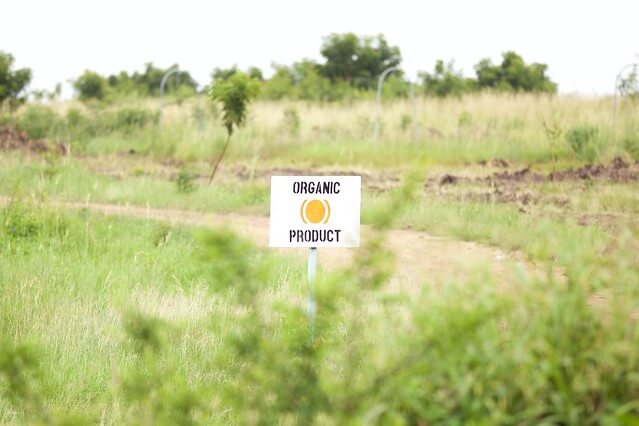“To grow organic is to think different”

31st July 2019 in: Banana Trade Blog

31st July 2019 in: Banana Trade Blog
Por Paul Lievens
Banana Link Oficial de Comunicaciones y Políticas
31 July 2018
En el comercio mundial de exportación del banano está ganando peso la idea de que el modelo de producción imperante basado en el monocultivo no es sostenible, y que el desarrollo de formas alternativas es una necesidad acuciante. La caducidad limitada de este modelo de producción, que cada vez depende más de los agroquímicos, tiene un impacto negativo en la salud humana y el medio ambiente, al mismo tiempo que hace que la principal variedad dedicada a la exportación, la Cavendish, sea cada vez más vulnerable a las enfermedades.
En algunas partes del mundo dedicadas a la producción del banano, hay productores tanto grandes como pequeños que son pioneros en modelos viables de producción alternativa. Se trata de cultivos que utilizan principios de manejo integrado de plagas (MIP), que ponen en marcha prácticas de policultivo o de cultivo intercalado, además de aquellos que aplican métodos completamente orgánicos.
Con el objetivo de contribuir al debate, Banana Link colabora en el grupo de trabajo de sistemas de producción sostenibles e impacto medioambiental del Foro Mundial Bananero para crear una serie de estudios de caso que documenten métodos viables de producción alternativa.
Acaba de publicarse el primero de esos estudios de caso. Se centra en la producción exitosa de banano orgánico por parte de Compagnie Fruitière, principalmente en su filial Golden Exotics Limited en Ghana (500 ha) y, en menor medida, en SCB en Côte d’Ivoire y en la Finca La Valentina en Ecuador (150 ha).
Hemos realizado este estudio de caso, y también contamos con elementos de otros posteriores, en formato audiovisual, que pueden visualizar al final de este artículo. Este vídeo no está destinado a ensayar aquellos argumentos a favor de la producción orgánica. No creo que nadie cuestione la reducción del impacto negativo en la salud humana, el medio ambiente y los ecosistemas como consecuencia de la transición de la producción dependiente de químicos a la orgánica. No obstante, lo que la gente quiere saber es si los cultivos orgánicos son viables, sostenibles y rentables y, de ser así, cómo se consigue.
En el video vemos los retos técnicos de la producción orgánica, que incluyen la gestión de plagas, enfermedades y recursos hídricos, así como el impacto del cambio climático. En Ghana, el clima cada vez más seco es verdaderamente más favorable al cultivo orgánico. Por ejemplo, el hongo foliar sigatoka negra se reproduce mejor en condiciones más húmedas; además, no hay plagas de nematodos en Ghana.
Mediante el uso de fertilizantes orgánicos, de sistemas biológicos y mecánicos de control de plagas y de cultivos de cobertura para conservar la fertilidad del suelo y retener el agua, el fruticultor francés ha conseguido desarrollar con éxito cultivos orgánicos durante los últimos cuatro años y planea duplicar de manera significativa la producción en los próximos años.
Y la conclusión, desde un punto de vista comercial, radica en que la producción orgánica es, en este caso, más rentable que la convencional, que depende de los químicos. A pesar de que los costes laborales son mayores (por ejemplo, en el caso del desbrozo manual), el precio más alto al que se venden bananos orgánicos en Europa significa un mayor margen para la empresa. Pero no voy a destriparles el vídeo repitiendo aquí las cifras comparativas de costes laborales, fertilización, beneficios y márgenes entre la producción convencional y la orgánica. Le dejamos que lo vea usted mismo.
Como afirma en la conclusión del vídeo el Director de Operaciones de Golden Exotics, Johan Glo, “cultivar productos orgánicos significa pensar de manera diferente”.

Necessary cookies are absolutely essential for the website to function properly. This category only includes cookies that ensures basic functionalities and security features of the website. These cookies do not store any personal information.
Any cookies that may not be particularly necessary for the website to function and is used specifically to collect user personal data via analytics, ads, other embedded contents are termed as non-necessary cookies. It is mandatory to procure user consent prior to running these cookies on your website.